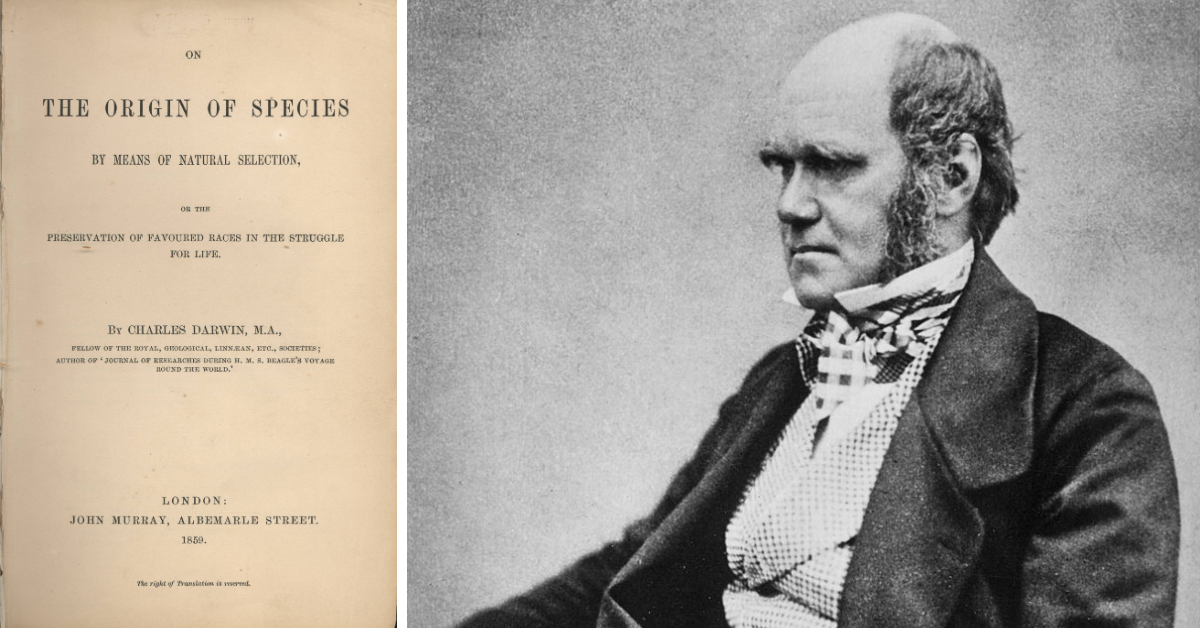Ideas are for living. They are king. If you think big ideas don’t reach into your life, well …
I don’t know much about economics and political philosophy. But I know just enough to say I’m not a fan of the economist John Maynard Keynes … although I do like his ideas about ideas!
"The ideas of economists and political philosophers, both when they are right and when they are wrong, are more powerful than is commonly understood. Indeed the world is ruled by little else."
“Ideas … the world is ruled by little else.”
“Academic scribblers from a few years back”
It’s not just ideas about economics and political philosophy that affect our lives.
What about those who think they can avoid the influence of big ideas? Here's Keynes again ...
"Practical men, who believe themselves to be quite exempt from any intellectual influences, are usually the slaves of some defunct economist. Madmen in authority, who hear voices in the air, are distilling their frenzy from some academic scribbler of a few years back" (The General Theory of Employment, Interest, and Money).
“Academic scribblers from a few years back” … could we be living under the influence of their pens and not even know it? Much is downrange from pens and keyboards.
Related: Need the Best Information? Reach Out to the Master of Molecules
Here’s a big case in point—the English naturalist Charles Darwin (1809-1882)
His ideas are reaching right into your life today, whether you’re in touch with it or not.
Darwin was the official naturalist aboard the HMS Beagle. The ship circled the globe throughout the southern hemisphere on a scientific survey expedition between 1831 and 1836. On the journey he studied geology, plants, animals, and fossils.
In 1859 he published On the Origin of Species, presenting his theory of natural selection and evolution. The long reach of his book has shaped our world.
Though his interests began in science, his ideas of natural selection and evolutionary theory began to creep into other fields of study.
By 1871, he began to develop concepts about evolutionary psychology, evolutionary ethics, and how evolutionary theory could be applied to society. We wrote about this in his book The Descent of Man.
See how ideas expand? Darwin’s Christian faith “devolved” over the course of his life.
Related: Darwin’s Doubt … He’d Have Even Bigger Doubts Today
Ideas are seeds. They germinate, develop, and spread.
Herbert Spencer (1820-1903) was a British philosopher, sociological theorist, and political theorist. He is known for coining the phrase “survival of the fittest” after reading The Origin of Species.
- The seeds of natural selection and evolutionary thought were in Darwin.
- Spencer diffused evolutionary theory into much wider spheres including the human mind, culture, sociology, society, ethics, and political theory. He truly was a social Darwinist.
Did you know that social Darwinistic thought is affecting these areas today?
- Fundamentally changing the value of human life in a society
- Shaping psychological counseling
- Unleashing the stifling effects of radical environmentalism
- And even ballooning the size of the federal government’s role in our lives
John Maynard Keynes clearly saw the supremacy of ideas. Do we?
The power of ideas—we underestimate their impact
I think it's safe to say that most of us underestimate the power and effect of ideas in general.
Evolutionary thought is a case study. We don’t fully appreciate the scale to which it has spread in the late 19th century and into our time.
It has reached into every conceivable realm of study, increasingly influencing modern history since the early 1900′s. Darwinistic thought is just one example of the power and influence of ideas.
For good or for bad, ideas always rule. When bad ideas rule, we have “madmen” in places of authority and influence.
Tips to have better ideas
Become proactive about ideas. Just 4 quick tips to get started:
- Read. More than you think you need to. Read outside of your normal interests as well.
- Become more proactive in cultivating your thought life inputs. Minimize passive activity like television, social media and movies. Maximize proactive activity like reading, quality conversation, informal and formal learning, etc.
- Journal. Write down what you’re thinking. Record new ways of seeing and understanding, with the hope of pursuing these areas further. Writing will actually bring clarity to your ideas.
- From the understanding of a Christ-worldview, major on Scripture-intake. Read for breadth and depth. Study. Memorize and meditate. Try it and see if it doesn’t generate creative and elevating ideas to fuel your living.
- Seek to understand more of the history of big ideas. Just a survey will do. Read a quality book about it or some articles.
We only hurt ourselves and the things we care about when we underestimate the power of ideas.
Prayer and affirmation
Father God, your Word says, “My thoughts are not your thoughts, nor are your ways My ways … For as the heavens are higher than the earth, so are My ways higher than your ways and My thoughts than your thoughts.” But I give thanks because you freely give us your thoughts as the snow and the rain come down from heaven! Open my mind to understand by your Spirit. I receive more of your ways of thinking. I’m grateful. Amen. (see Isaiah 55)
In what ways can I engage the world of ideas right now? How can I be more of an influence?
Elevate Your Inbox! 'The Smart Edit'
Fresh insights, podcast gems, valuable resources, and free stuff from Jesus Smart. All sent directly to you each week. Quality content, no spam allowed.




It's 2023. Keynes' quote, "Madmen in authority…" is absolutely prophetic. Ideas are king. Thanks for pointing us to Scripture to evaluate them! I loved the prayer and suggestions as well. A form of "journaling" I've found useful is to start with a blank sheet of typewriter paper and a pencil. It seems to let the idea(s) flow freely without concern for mistakes or the mechanics of the transcribing process. The individual sheets allow easy organization into appropriate file folders.